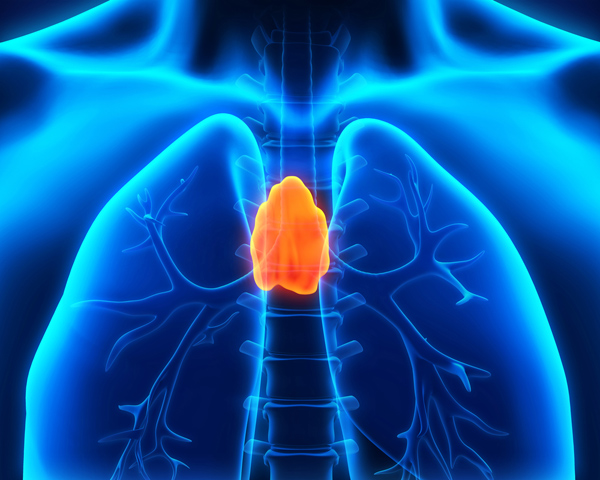
26th August 2014 Fully-functional organ grown from scratch inside a living animal for the first time A whole functioning organ – a thymus – has been grown inside a mouse. The treatment could be available to humans within 10 years.
Lab-grown replacement organs have moved a step closer, thanks to a major breakthrough by researchers at the University of Edinburgh, Scotland. Scientists have for the first time grown a complex, fully-functional organ from scratch in a living animal by transplanting cells that were originally created in a laboratory. The researchers created a thymus – an organ next to the heart that produces immune cells known as T cells that are vital for guarding against disease. With further research, this discovery could lead to new treatments for elderly patients and others with a weakened immune system. The team from the MRC Centre for Regenerative Medicine at the University of Edinburgh took cells called fibroblasts from a mouse embryo. They turned the fibroblasts into a completely different type of cell called thymus cells, using a technique called reprogramming. The new cells changed shape to look like thymus cells and were also capable of supporting development of T cells in the lab – a specialised function that only thymus cells can perform. When the researchers mixed reprogrammed cells with other key thymus cell types and transplanted them into a live mouse, the cells formed a replacement organ. This new organ had the same structure, complexity and function as a healthy adult thymus. It is the first time that scientists have made an entire living organ from cells that were created outside of the body by reprogramming.
Doctors have already shown that patients with thymus disorders can be treated with infusions of extra immune cells or transplantation of a thymus shortly after birth. The problem is that both are limited by a lack of organ donors and problems matching tissue to the recipient. Within the next decade, lab-grown cells could form the basis of a thymus transplant treatment for people with a weakened immune system. The technique may also offer a way of making patient-matched T cells in the laboratory that could be used in cell therapies. Such treatments may benefit bone marrow transplant patients, by helping speed up the rate at which they rebuild their immune system after transplant. The discovery offers hope to babies born with genetic conditions that prevent the thymus from developing properly. Older people could also be helped as the thymus is the first organ to deteriorate with age. The results of this study are published in the journal Nature Cell Biology.
Comments »
|








